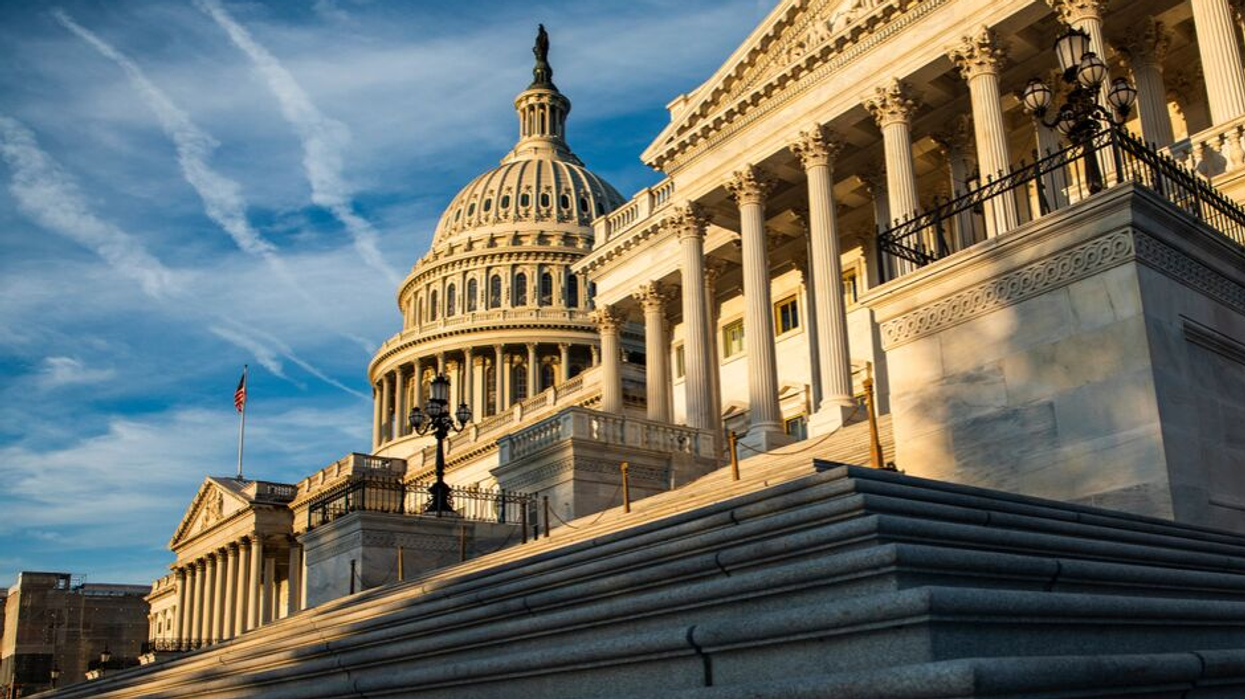Imagine being told from a young age that your life is already written: the jobs you’ll hold, the obstacles you’ll face, the limits you’ll never cross. What you’re born into is what your life will be. For millions of Americans making a low wage, that’s the reality. Democracy, in theory, is supposed to offer a way out — a chance to shape your own future. That’s the “American dream.” But for too many, it remains just a promise, out of reach. When children grow up believing their circumstances are permanent, they inherit a cycle instead of a chance.
I know this tension firsthand. On paper, I might look like I fit the mold of opportunity: white-passing, educated, and building a career. But beneath the surface, my story goes beyond that. I grew up in a low-income, mixed-race household with a Hispanic father and a white American mother. In my family, the paths laid out were often blue-collar jobs, teen pregnancy, addiction, incarceration, or worse. None of my three sisters graduated from high school, and no one in my immediate family attended college. I became the exception — not because the system was designed for me but because I found a way through it.
I easily could have accepted my situation, which involved living paycheck to paycheck and witnessing close family members enter the criminal justice system. Based on the saying “History repeats itself,” I should have done just that. But education was the key for me. I relied on school to distract from a tough home life. I’m not sure what drove me to invest so much time into studying, but I was determined to finish high school and attend college. Now, I hold two bachelor’s degrees and a master’s degree, with plans to obtain a law degree. I overcame my circumstances; I didn’t become them.
But hard work and determination can only get a person so far. My path wasn’t easy, and neither is the path for the 36.8 million Americans living in poverty. We need an institutional framework in place to prevent a socioeconomic hierarchy that would relegate an entire “class” of people to the bottom. True democracy should not just leave room for outliers; it should make success attainable for anyone. It should uplift those who start with the least, turning what is often called the “American dream” into an American reality.
The problem is that our government too often fails to reflect the communities it serves. When elected officials don’t share the lived experiences of everyday people, they miss what matters most.
Congress is overwhelmingly composed of representatives and senators from upper-class or highly educated backgrounds. In 2023, fewer than 2% of federal legislators came from working-class backgrounds, despite the fact that 27% of the U.S. workforce holds blue-collar jobs.
Wealth disparities are stark. The median U.S. household net worth is $192,700, while Congressmembers’ median net worth in 2020 was over $1 million. The net worth of the wealthiest lawmakers, like former House Speaker Nancy Pelosi, is in the hundreds of millions.
Ninety-six percent of the 118th Congress have college degrees, with the majority coming from white-collar professions, though a few have backgrounds as ride-share drivers, electricians, and carpenters. In 10 states, no lawmaker works or has worked in a working-class job, according to researchers at Duke University and Loyola University Chicago.
“These estimates illustrate the striking disparity between Americans and the people who represent them in elected office,” said Nicholas Carnes, a political scientist at Duke University. “In principle, anyone can run for office, but in practice, the people who are running and serving are overwhelmingly drawn from America’s professional classes.”
Some, however, come from humble beginnings. Rep. Alexandria Ocasio-Cortez, D-N.Y., for example, “pulled extra shifts as a waitress and bartender to support her family,” her House biography says. I, too, have worked in restaurants to support myself and my family. My first job was at the age of 16 as a hostess at a Mexican restaurant called Sticky Cactus in McDonough, Georgia, and later I became a waitress there. I remember smiling with pride after receiving a $50 tip, which would go toward my University of Georgia admission fee. My parents couldn’t afford the $500 to secure my spot for freshman year.
An elected official’s economic background shapes their policymaking. Officials from affluent backgrounds may prioritize lowering taxes for high earners or enhancing business incentives. In contrast, officials from working-class backgrounds may focus on raising the minimum wage or expanding affordable healthcare. The former is not inherently wrong; Congress needs members of all socioeconomic backgrounds, and that’s the point. Greater economic diversity is needed.
Representation isn’t about identity politics. It’s about ensuring that policy is shaped by people who understand, from their lived reality, what it means to break a cycle — what it means to overcome your situation, rather than become it. Poor people, to put it bluntly, deserve a seat at the congressional table to bring firsthand understanding of financial insecurity and systemic barriers so many face.
We should elect leaders who reflect the diversity of our communities, not just in terms of race and gender, but also in background, socioeconomic class, and life experiences. For me, democracy means having the chance to turn rejection into redirection and to overcome a situation rather than become it. It means transforming lemons into limonada. And it means ensuring the promise of an “American dream” isn’t reserved for the lucky few but built into the American structure.
Ashley N. Soriano is a graduate student at Northwestern University Medill School of Journalism in the Politics, Policy and Foreign Affairs specialization.
The Fulcrum is committed to nurturing the next generation of journalists. To learn about the many NextGen initiatives we are leading, click HERE.




















Trump & Hegseth gave Mark Kelly a huge 2028 gift